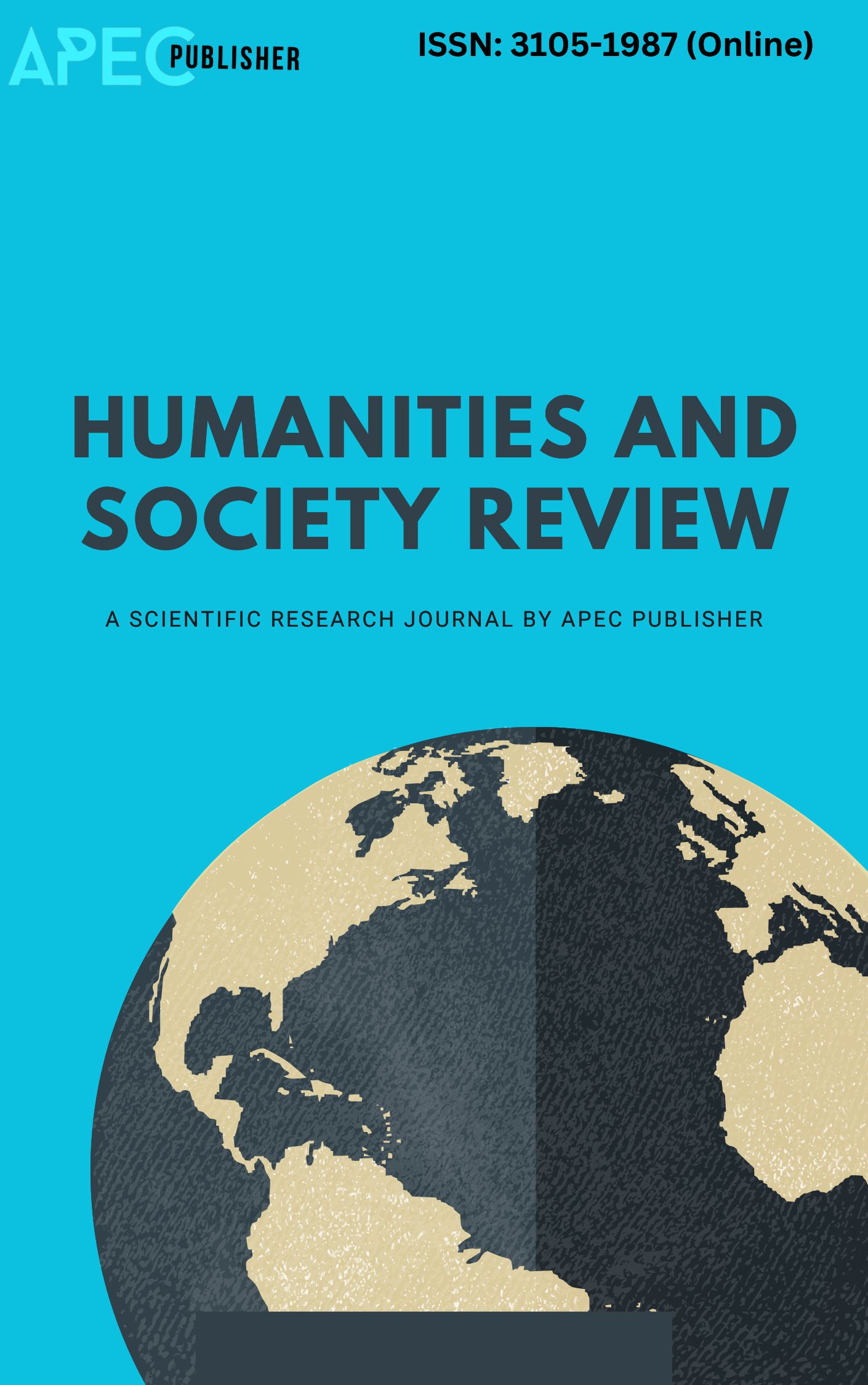The Role of Folk Art in Preserving Indigenous Knowledge: A Comparative Study of Northeast India and Southeast Asia
This research examines folk art as a critical mechanism for preserving indigenous knowledge (IK) systems across Northeast India and Southeast Asia. Through comparative analysis of cultural zones including Meghalaya’s Khasi communities and Thailand’s craft villages we identify how embodied practices in weaving, pottery, and ritual art transmit ecological wisdom, cosmological beliefs, and historical memory amid modernization pressures. Our findings reveal that folk art functions as tangible epistemology when integrated with oral traditions, matrilineal structures, and community-led documentation. However, divergent trajectories emerge: Southeast Asian initiatives leverage UNESCO recognition and digital archives more systematically, while Northeast India’s efforts remain localized despite geopolitical significance in India’s “Look East” policy. The study contributes a decolonial framework for IK preservation that centers indigenous agency, advocates protocol-based partnerships, and demonstrates how folk art sustains biocultural diversity. Recommendations include culturally grounded intellectual property models and participatory digital repositories co-designed with knowledge holders

